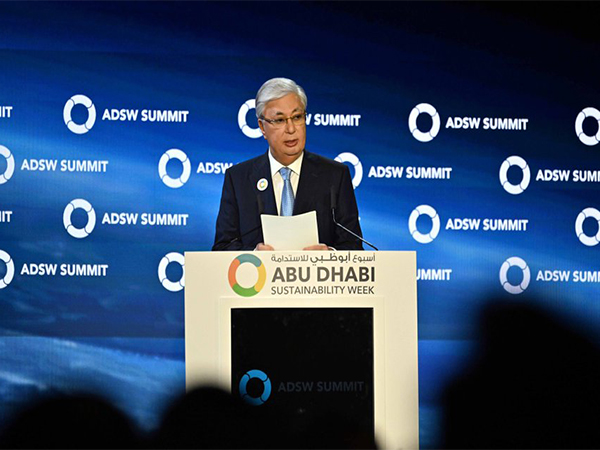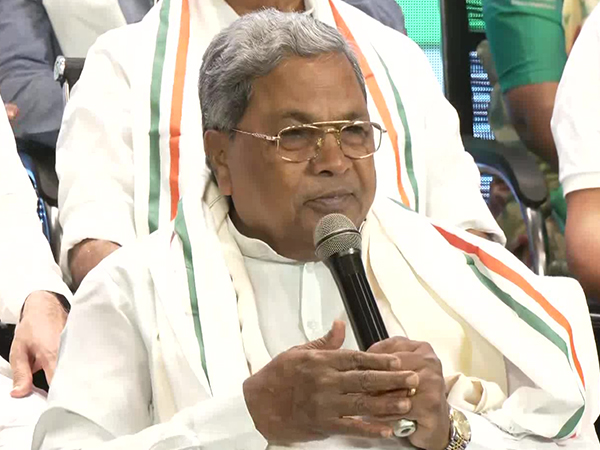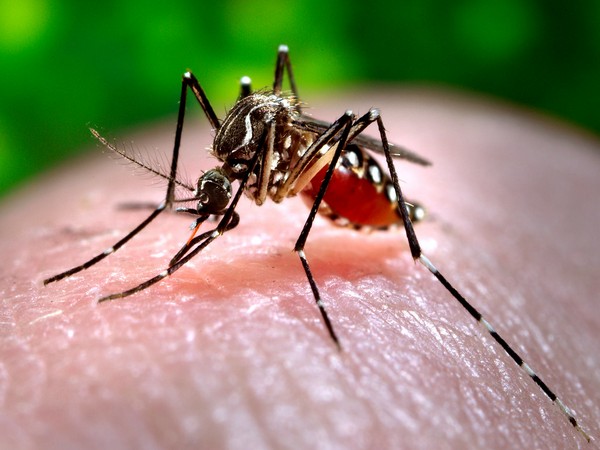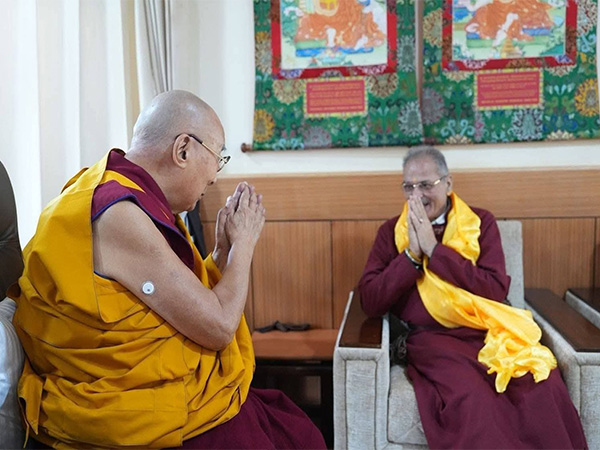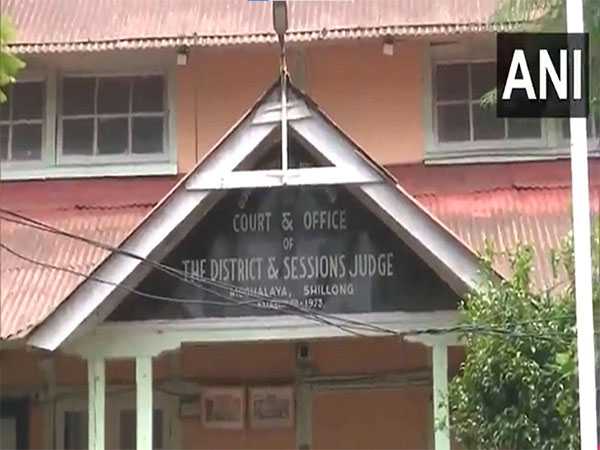Abu Dhabi [UAE], January 15 (ANI): Kazakhstan President Kassym-Jomart Tokayev attended the Abu Dhabi Sustainability Week (ADSW) Summit on Tuesday and highlighted global issues like biodiversity loss, extreme weather events, global climate change, desertification, water scarcity and food insecurity, The Astana Times reported.
In his address, named Toward a New Development Paradigm: Resilience, Growth and Sustainability, at the ADSW Summit on Tuesday, Tokayev emphasised that these challenges are further exacerbated by increasing geopolitical tensions and disrupted supply chains, causing a pessimistic macroeconomic outlook.
The World Bank forecast for the next five years expects the weakest global economic growth in three decades. In order to address this, Kazakhstan has planned to focus on digitalization, artificial intelligence (AI), big infrastructure projects and nuclear energy, according to The Astana Times report.
Kazakhstan President noted that energy systems globally account for 75 per cent of greenhouse gas emissions and 10 per cent of biodiversity loss, making it important for international partners, including major energy firms like Eni, Masdar and Total to invest in green energy projects. These energy companies have pledged 43 gigawatts of green energy projects in Kazakhstan.
In his address, he talked about building Kazakhstan’s first nuclear power project, after a nationwide referendum, which marked an important step towards national sustainable energy development.
He said, “Kazakhstan also seeks to secure a diversified supply of critical raw materials for world markets. These materials are indispensable to achieving the world’s net zero targets.”
To enhance connectivity in Eurasia, Kazakhstan is committed to developing the Trans-Caspian International Transport Route and the North-South Transport Corridor and playing an important role in the Belt and Road Initiative (BRI). Central Asia’s growing vulnerability to global warming, with regional temperatures increasing faster than the global average, posing threats to ecosystems, livelihoods, and food security, according to The Astana Times report.
Kassym-Jomart Tokayev highlighted the urgent need for climate adaptation strategies, including early warning systems, improved water and land management, the modernization of irrigation systems, the establishment of effective water management agreements, as well as utilizing AI, satellite monitoring, and other digital tools.
He reiterated Kazakhstan’s commitment to advancing advancing sustainable agricultural practices and technologies to ensure a stable global food supply. He emphasised the need for a new development paradigm rooted in resilience, equity, and sustainability.
He also spoke about a holistic framework based on three critical pillars: green financing, which “must increase dramatically,” increased international cooperation on transfer of technology, technical support, and scientific research, and a synergistic ties between climate priorities, economic development, and AI. By 2030, it is expected to contribute more than 16 per cent of global GDP, The Astana Times reported.
He said, “This underscores the importance of a flexible and tailored approach to support the different sustainability goals of nations. The challenges we face are immense, but so are the opportunities. Now more than ever, we must unite and cooperate practically, effectively, and with impact.” (ANI)
Disclaimer: This story is auto-generated from a syndicated feed of ANI; only the image & headline may have been reworked by News Services Division of World News Network Inc Ltd and Palghar News and Pune News and World News
HINDI, MARATHI, GUJARATI, TAMIL, TELUGU, BENGALI, KANNADA, ORIYA, PUNJABI, URDU, MALAYALAM
For more details and packages


